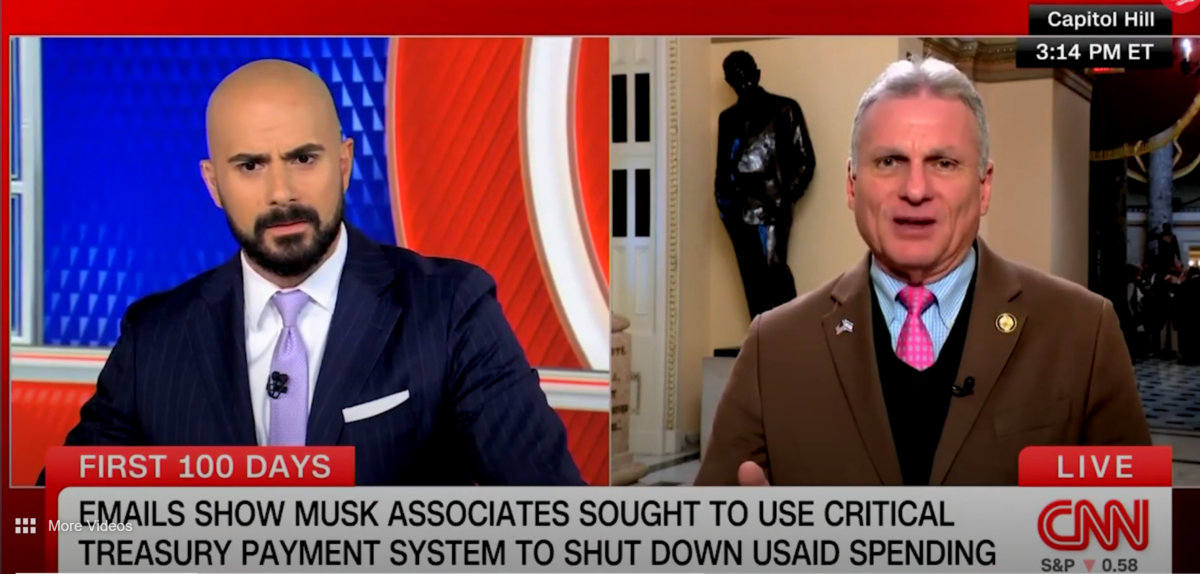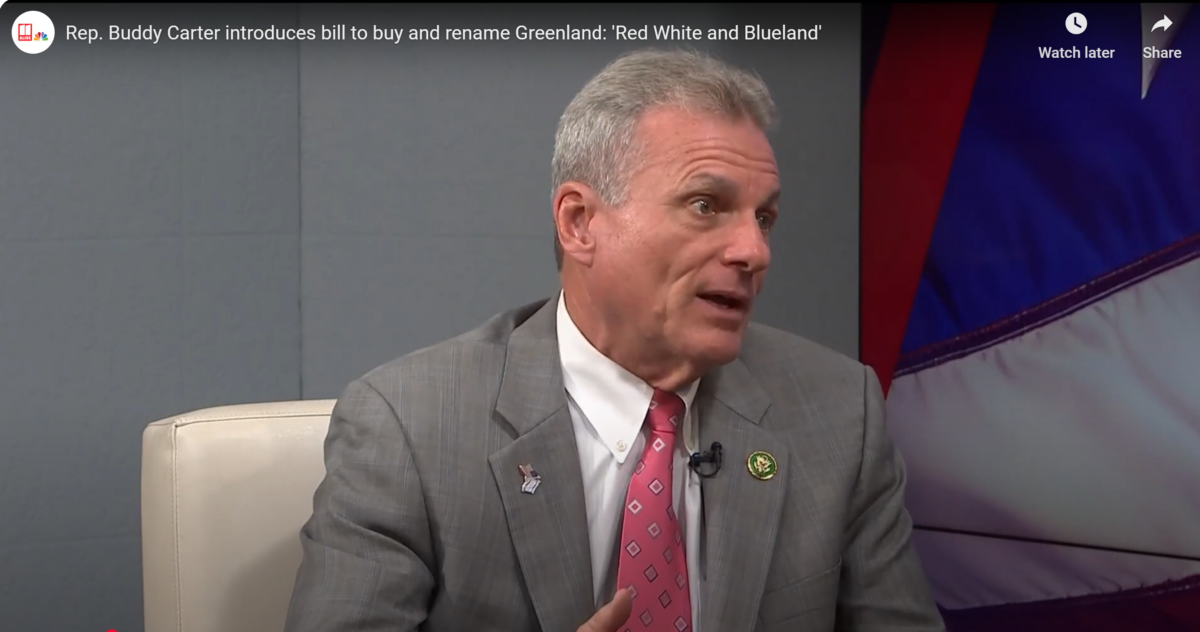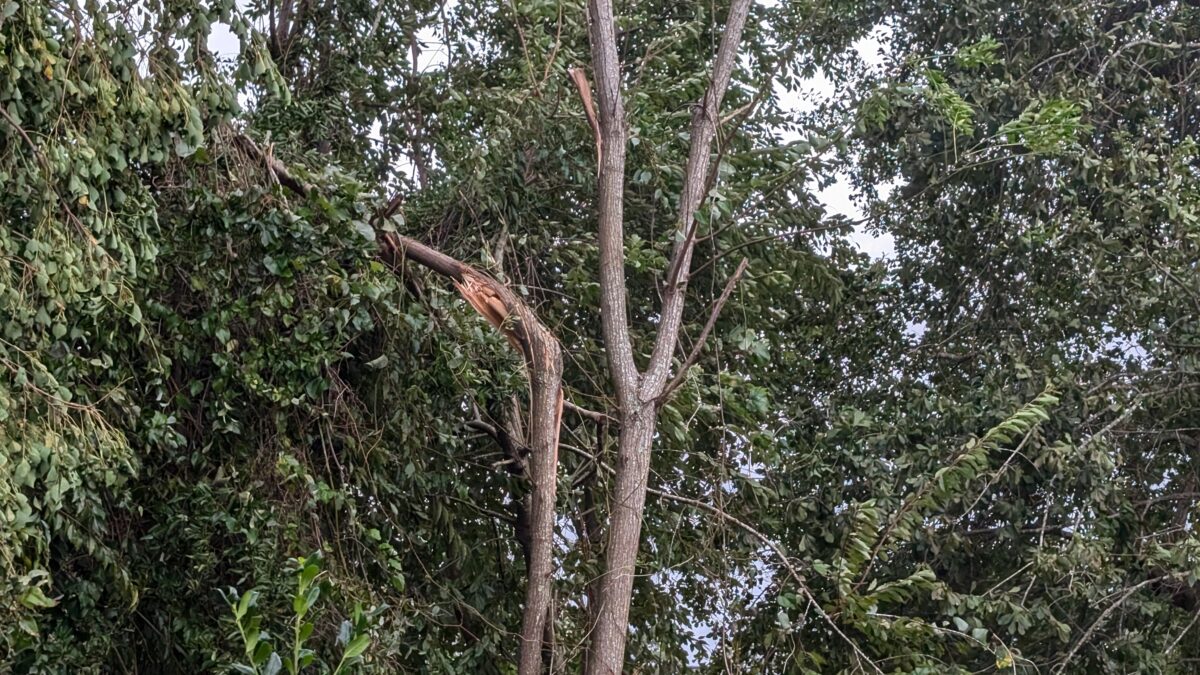Trust. Once won, not easily lost. But once lost, forever gone. In his first month in office, Trump’s greatest harm has been to trust. Our allies are no longer our allies, but our enemies, and trust between us has been shattered. We supported Ukraine…until we didn’t, and somehow Russia’s invasion of Ukraine is the fault […]
Dear Buddy Carter





